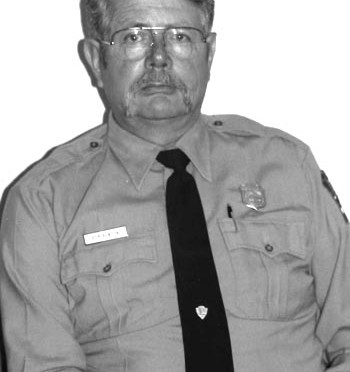And you wanted to be able to sustain those changes?
That’s right, And once you have that done, you need to go back and quietly examine the subject-matter program. Absolutely. But right in the middle of deciding whether or not you’re going to rebuild all the Steel Circle houses, you don’t really worry about what the fisheries program is. Not that it’s not important. It just should wait its time. Or I felt so. But it should be. There’s no doubt that it should.
I know Mark is big on peer review, in bringing the best people they could find and have the program evaluated by them, but I guess that’s more technical and not so operational.
That’s right. You have to live with the fish program over there on the side. I was on, at one time during my tenure in the Rocky Mountain Region, an awful lot of operations evaluations. Often times, they were on subject-matter areas. Sometimes, as mundane as ranger budget. Right down into that, or the orchard program at Capitol Reef. We had that big orchard back there that we had to deal with. And I’ve done a lot of subject matter evaluations. So yes. We didn’t do much of it at Crater Lake.
I was also going to ask you, when we talk about facilities, whether there is a problem with visitors or students not having any kind of group facility where there would be [something] like a classroom. Do you think that is kind of a gap?
No. No absolutely not. That’s not our role. We never even looked at it, even half way. I never envisioned that, and the people that put Crater Lake together the way you see it today, that wasn’t even thought of as having any value at all. Keep in mind, why are we there? We’re there for the lake. We’re not there to educate people in the sense of classroom. We’re there to interpret. We’re also not there to solve the drug problems of the United States. We’re not there to solve integration. There are an awful lot of things that Crater Lake isn’t there for, and the National Park Service isn’t there for. And one of them is classroom education.


